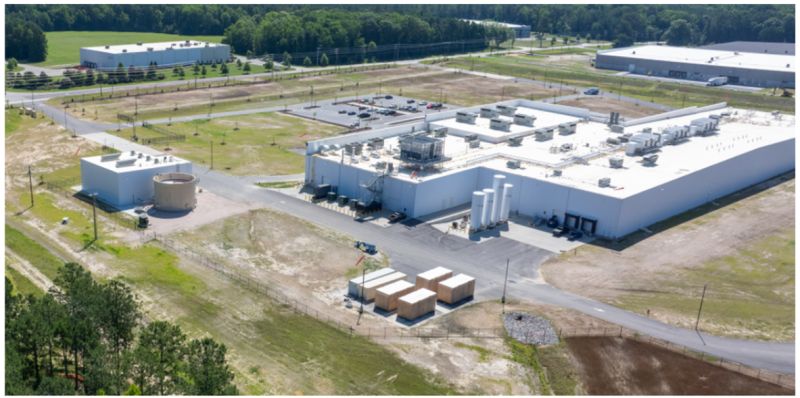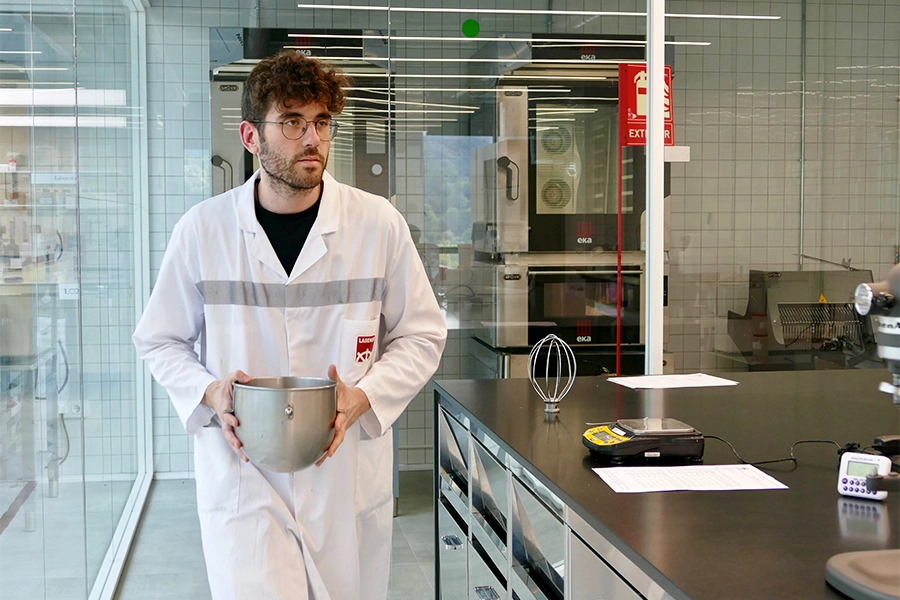
%20and%20Peazazz%20C%20pea%20protein%20isolates%20MR.jpg)
Burcon’s pea and sunflower proteins raise the bar for plant-based cheese performance
A new study from the University of Guelph has found that Burcon NutraScience Corporation’s Peazazz C pea protein and Solatein sunflower protein significantly outperformed a leading competitor’s pea protein in plant-based cheese applications. The results mark a major step forward for achieving the elusive melt, stretch, and flavor balance that have long challenged dairy alternatives.
“Burcon’s pea protein outperformed all other commercial pea protein isolates currently available for plant-based cheese production,” commented Dr Alejandro G. Marangoni, Professor and Tier 1 Canada Research Chair in Food, Health and Aging at the University of Guelph (who was interviewed in the most recent edition of Protein Production Technology International). “It delivered the desired stretch, melt, oil binding, and shredability expected of a commercial mozzarella-style cheese, while maintaining a very clean and mild flavor that does not interfere with the flavor profile of the plant-based cheese. It is truly an exceptional ingredient.”
Researchers from Marangoni’s lab tested Burcon’s Peazazz C pea protein isolate and Solatein sunflower protein isolate across multiple parameters, including texture, meltability, stretch, and sensory properties such as taste, aroma, and color. In every measure, the Burcon proteins outperformed a leading commercial pea protein, resulting in a mozzarella-style cheese with functional and sensory qualities approaching those of dairy.
For Kip Underwood, Burcon’s Chief Executive Officer, the findings validate the company’s long-term investment in functional plant protein innovation. “Achieving dairy-like melt and stretch has long been the holy grail of plant-based innovation,” he said. “These results confirm that Burcon’s proteins set a new standard for functionality, unlocking new commercial opportunities across the dairy-alternative market.”
The global plant-based cheese market, valued in the billions and forecast to grow at double-digit annual rates, has been hindered by limitations in texture and melt. The ability to replicate the stretch and mouthfeel of traditional cheese without off-flavors remains one of the toughest technical challenges in the category. Burcon’s protein technologies could provide a much-needed breakthrough for manufacturers seeking to close that sensory gap.

Peazazz C is a high-purity (over 90%) pea protein isolate with low sodium and an exceptionally clean taste profile. Solatein, also over 90% pure, is a sunflower protein isolate known for its neutral flavor, light color, and versatile functionality. Both are clean-label, non-GMO, and hypoallergenic ingredients derived from sustainably sourced crops.
With these results, Burcon is positioning its Peazazz C and Solatein proteins as key enablers for the next generation of plant-based dairy products – from shreds and slices to spreads and cream-style cheeses. The company said it plans to continue collaborating with food manufacturers and researchers to accelerate the transition from lab results to commercial-scale applications.
Founded in Vancouver, Canada, Burcon NutraScience has spent more than two decades developing and patenting plant-based protein extraction technologies for a range of crops including peas, canola, sunflower, and soy. Its ingredients are designed to deliver high nutritional value alongside superior solubility, emulsification, and gelling characteristics for use across food and beverage categories.
While the University of Guelph study focused on plant-based cheese, Burcon sees broader implications for its proteins in dairy-style products such as yogurts and creamers, as well as in hybrid formulations that blend plant and dairy proteins. “Our mission is to help food manufacturers meet the growing consumer demand for better-tasting, more functional, and more sustainable protein ingredients,” Underwood said.
Both Peazazz C and Solatein are produced using a proprietary process that minimizes environmental impact while maintaining protein integrity. According to Burcon, this approach yields ingredients with a clean sensory profile and consistent functionality – attributes essential to replicating the performance of animal-derived proteins.
As plant-based cheese continues to evolve beyond early formulations that often fell short on flavor and texture, the findings from Guelph suggest a turning point. With proteins capable of delivering authentic melt, stretch, and mouthfeel, Burcon’s innovations may help redefine what consumers expect from dairy alternatives.
If you have any questions or would like to get in touch with us, please email info@futureofproteinproduction.com






